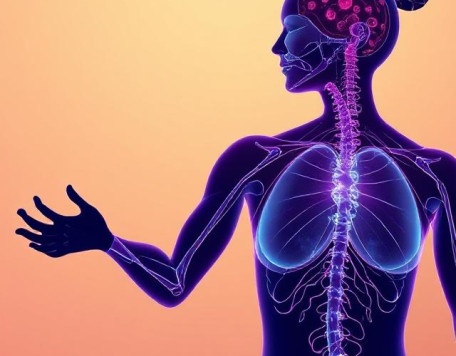© Pint of Science, 2025. All rights reserved.
Join us for a journey into the 'Beautiful Mind'. Learn about incriminating memories and forensic memory detection. See how enhanced cognitive abilities could potentially allow you to decide faster or achieve increase performance in everyday tasks. Finally, we’ll see why traumatic brain injuries can increase the risk for dementia.
In pursuit of the super human...
Amir-Homayoun Javadi
(Senior Lecturer in Cognitive Neuroscience)
Imagine a super-human with high performance in decision making, memory and motor abilities. Maybe we could use electric brain stimulation to enhance cognitive abilities in everyday life? Should there be any restrictions on these applications? We will discuss these ideas then play a ‘Pin the brain’ game to see how much we know!
Brain injury and dementia
Dr Romina Vuono
(Lecturer in Neuroscience & Brain Disease)
Are lifestyle decisions affecting the development of dementia, as well as our genes? Today 850,000 people live with dementia in the UK and it is predicted to rise to 1 million by 2025. We’ll learn how brain injuries which occur in everyday life or during sports (e.g. boxing or heading a football) can increase predisposition to this devastating disease.
The depths of memory
Zara Bergstrom
(Senior Lecturer in Cognitive Psychology)
How do our brains stop the retrieval of unwanted memories or ‘update’ existing memories? We’ll learn how brain activity electroencephalograms (EEG) and memory tests can help investigate this and can even detect if a suspect has memories of a crime or make guilty suspects appear innocent. We will also investigate real life applications via video, as applied to ‘brain fingerprinting’ in the “Making a Murderer” TV series.
Map data © OpenStreetMap contributors.
Other Man of Kent events
2025-05-21
The Real Story: Alcohol and Herbal Remedies
Man of Kent
6-8 John Street, Rochester, Kent, ME1 1YN, United Kingdom


